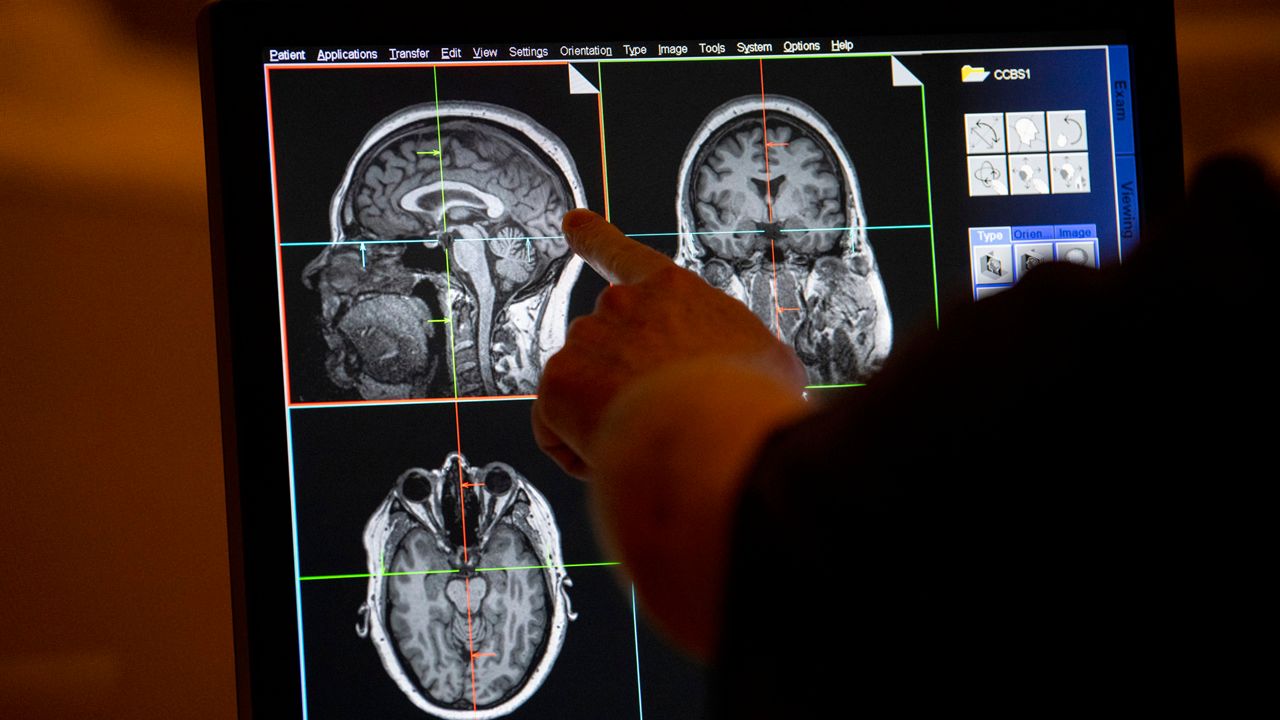CLEVELAND — Researchers at the Cleveland Clinic are launching a massive, first-of-its-kind clinical study aimed at identifying neurological disease and disorder symptoms before they even present themselves.
The 20-year long study will collect data from 200,000 neurologically healthy individuals who will be used to pinpoint markers of potential disease development. The long-term goal of the study is to be able to treat and cure the disease or disorder, whatever it may be, at its earliest stages.
One in every six people in the world has a neurological disease, such as Alzheimer’s disease, stroke or epilepsy, according to the Cleveland Clinic. While scientists are learning more about these diseases every day, it's a challenge to be able to predict who will become sick, or even how to cure or stop the progression of these diseases once they are diagnosed.
"Disrupting neurological diseases is one of the greatest challenges of our time and motivates our clinicians and scientists every day,” said Dr. Andre Machado, chair of the Neurological Institute and the Charles and Christine Carroll Family Endowed Chair in Functional Neurosurgery. “By launching a study of this magnitude, we have the potential to discover causes of neurological disorders and what happens before symptoms become obvious – the silent phase."
Machado and Dr. Imad Najm of Cleveland Clinic’s Neurological Institute are leading the study.
The first phase of the study will include 10,000 volunteers over the first five years. Volunteers have to fit into one of two groups: Either adults 50 years and older with no known neurological disorders, or adults 20 years and older who are neurologically healthy and have a first-degree relative diagnosed with multiple sclerosis.
All participants will undergo assessments each year, which will include neurological examination, questionnaires, bloodwork, eye retina scans, MRIs, EEG and other cognitive function tests.
“By researching at-risk healthy individuals over the course of 20 years, we will learn what is happening to the brain and body before a neurological disease is diagnosed. This research will help us understand the mechanisms of brain diseases and lead to the design of preventive treatment for neurological diseases. This is precision medicine in its best form,” said Najm, who is also the vice chair of the Neurological Institute for Strategy and Development and director of Cleveland Clinic’s Charles Shor Epilepsy Center and the Joseph H. and Ellen B. Thomas Endowed Chair in Epilepsy.
Researchers plan to collect data from the participants that will also create "a trend line to capture the genetic risk factors, and invisible molecular, structural, neurophysiological and cognitive/memory changes in the brain over time."
A form is now open for individuals to sign up to participate. The Cleveland Clinic said financial stipends will be given to participants as requirements are completed.



